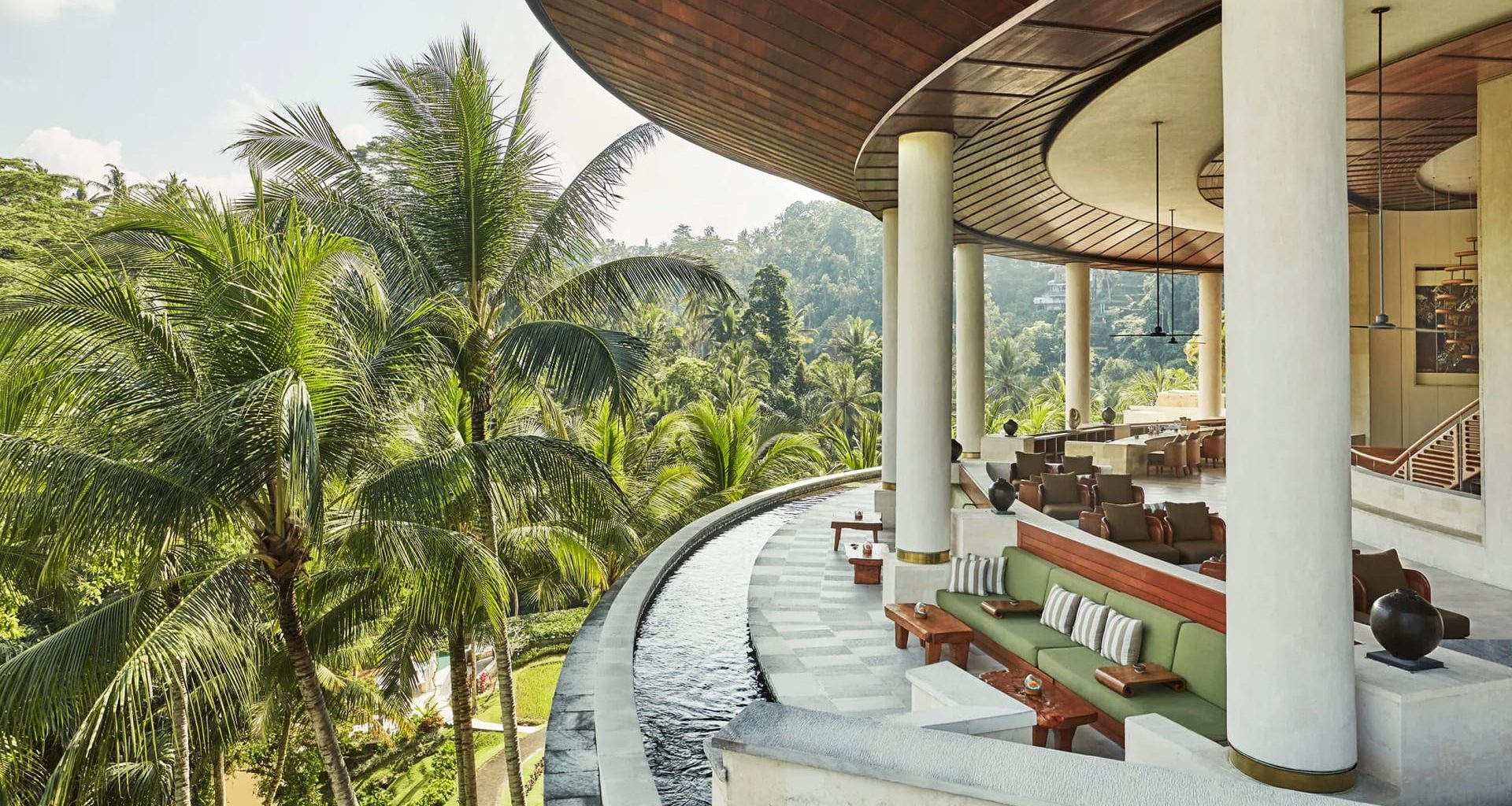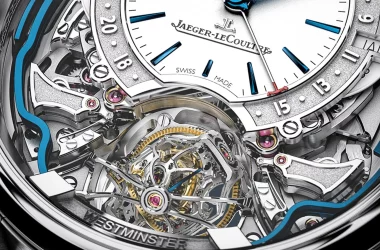Luxury has always been a beacon of wealth and exclusivity. However, with the changes that happened over the past two years, consumers’ priorities have shifted, and so has the meaning of luxury. While there is still a demand for premium products and services, the pandemic and other crises have made consumers more discerning and mindful of their purchases.
Understanding the Emerging Trends in Luxury Lifestyle
The world is always changing, and the luxury industry is not immune to this phenomenon. Therefore, it is essential to be aware of the emerging trends that will shape the luxury landscape in 2023 and beyond.
Trend 1: Experience Over Possession
Consumers today are looking for experiences that provide them with a sense of fulfilment and purpose. The pandemic has made people realize that their possessions do not define them, and their happiness is not solely based on what they own. This shift in mindset has pushed the luxury industry to provide unique and exclusive experiences that go beyond owning an expensive item.
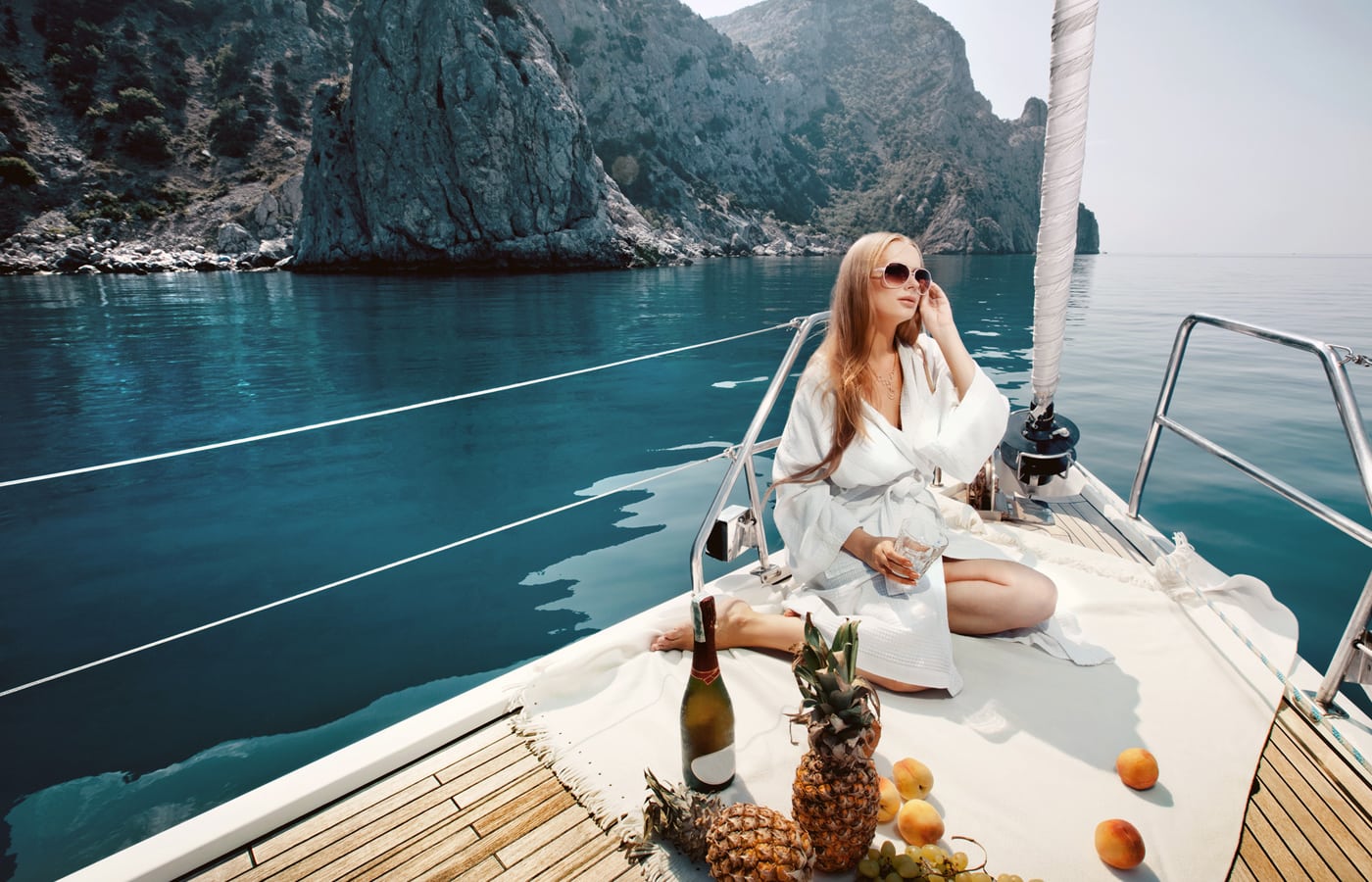
Luxury brands should focus on creating experiences that cater to their target market’s interests and passions. For instance, luxury hotels can create unique travel packages that allow guests to immerse themselves in local cultures and customs. Similarly, luxury fashion brands can offer workshops and masterclasses that allow customers to learn about the brand’s heritage and craftsmanship.
Trend 2: Sustainability and Ethical Practices
Sustainability and ethical practices are no longer optional for luxury brands. Consumers are becoming more environmentally and socially conscious, and they expect the brands they support to share the same values. Therefore, luxury brands must adopt sustainable practices in their operations, such as using eco-friendly materials and reducing waste.
Ethical practices should also be a priority for luxury brands. This includes fair labor practices, transparency in the supply chain, and supporting local communities. Brands that prioritise sustainability and ethical practices are likely to attract more customers and build stronger brand loyalty.
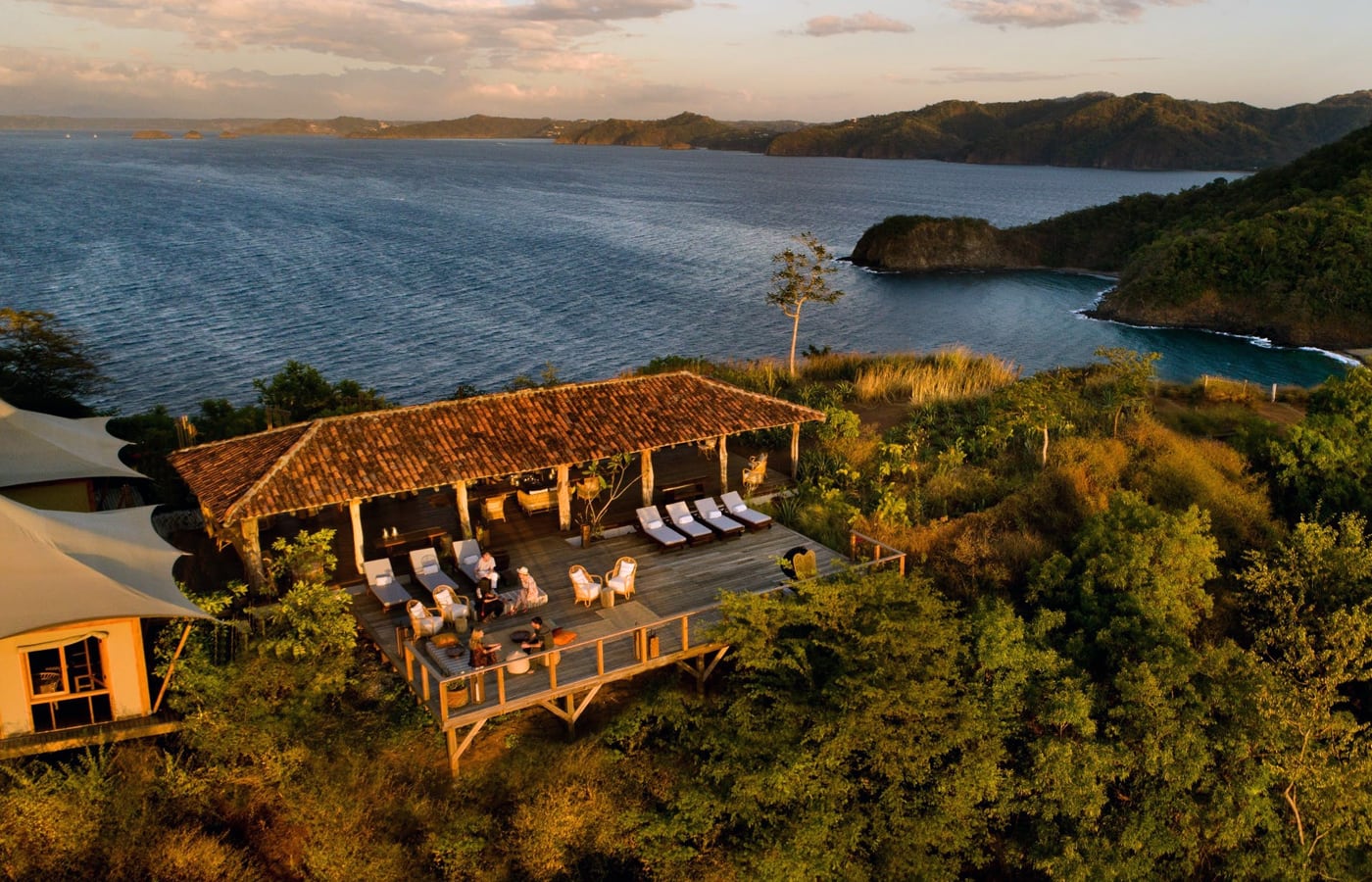
Trend 3: Personalisation
Personalisation has been a buzzword in the luxury industry for some time now. However, the pandemic has made it even more critical. With many people staying at home, luxury brands have to find ways to connect with their customers and provide them with personalised experiences.
Personalisation can come in various forms, such as customised products, personalised recommendations, and one-on-one consultations. Luxury brands should invest in technologies that allow them to collect data and provide personalised experiences that cater to their customers’ preferences.
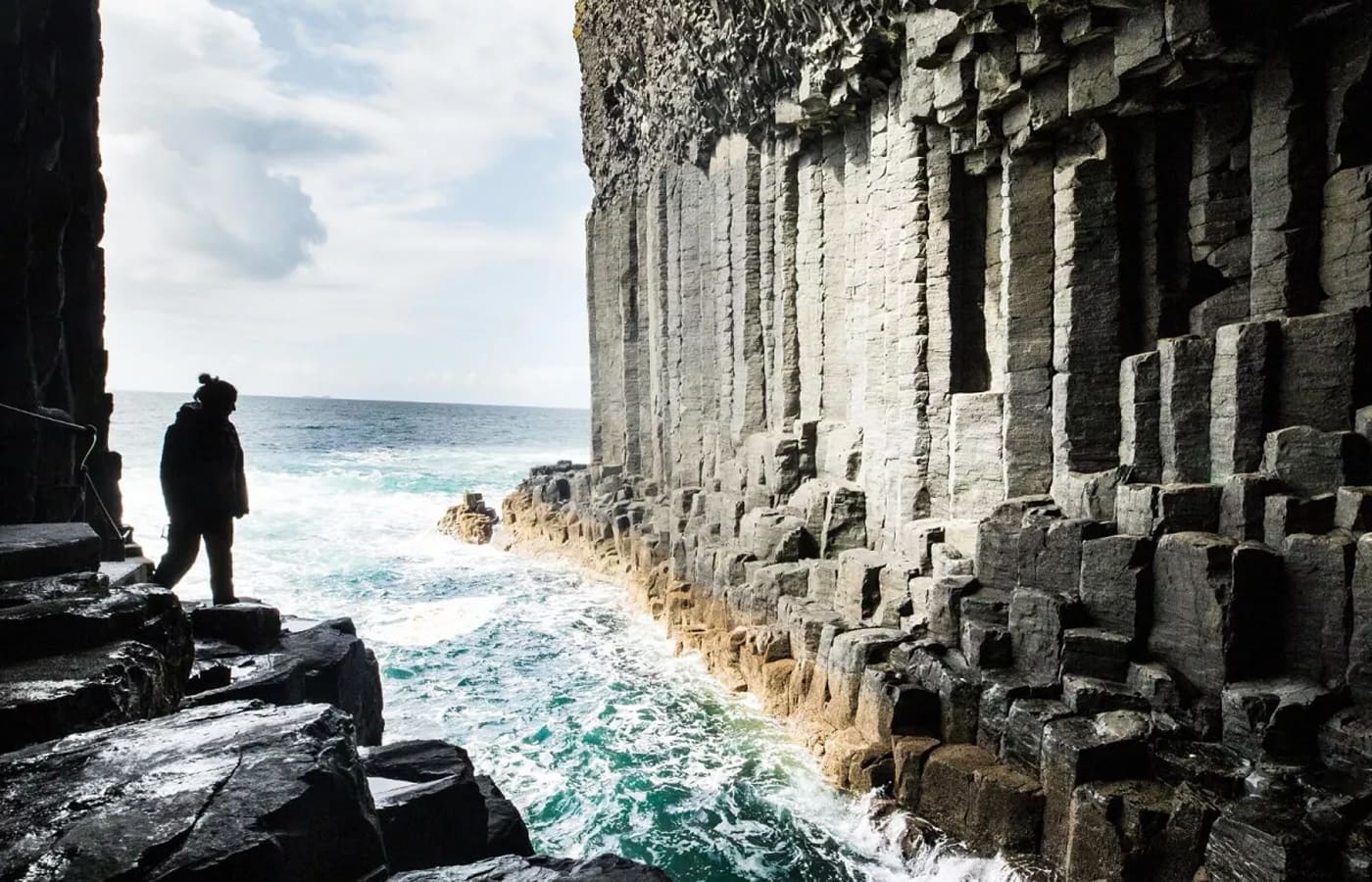
Trend 4: In-House Resale
Resale has been rising in popularity over the past few years, and it is not showing any signs of slowing down. Luxury brands are now embracing the resale market, realising that it can be an opportunity rather than a threat. By offering in-house resale, brands can control the second-hand market and provide customers with a sustainable way to shop.
In-house resale can also help luxury brands maintain their exclusivity by ensuring that their products are only available through their channels. This trend is likely to continue in 2023, with more luxury brands launching their resale programs.
Trend 5: Technology Integration
The pandemic has accelerated the adoption of technology in the luxury industry. Luxury brands that were once hesitant to embrace e-commerce are now investing heavily in their online presence. From virtual fashion shows to online personal shopping services, luxury brands are finding new ways to connect with customers digitally.
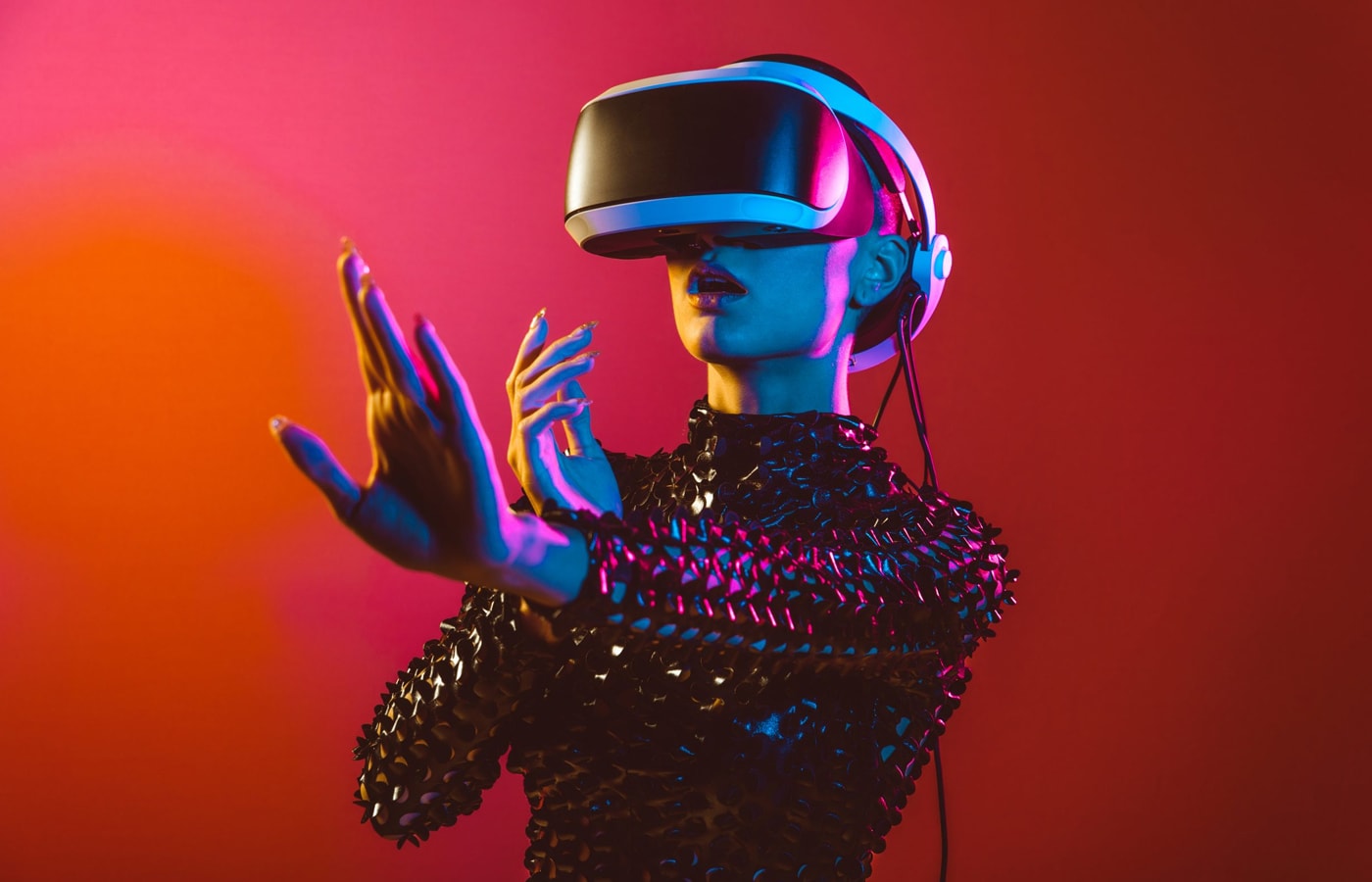
Technology can also help luxury brands provide personalised experiences and streamline their operations. For instance, AI-powered chatbots can help customers with their inquiries, while RFID technology can help brands manage their inventory more efficiently.
Trend 6: Health and Wellness
The focus on health and wellness has been steadily increasing in recent years, and luxury brands are tapping into this trend. Luxury brands are offering health and wellness-related products, services, and experiences to cater to the growing demand for a healthy lifestyle. From luxury spas and wellness retreats to organic food and wellness products, the future of luxury lifestyle will feature a strong focus on health and wellness.
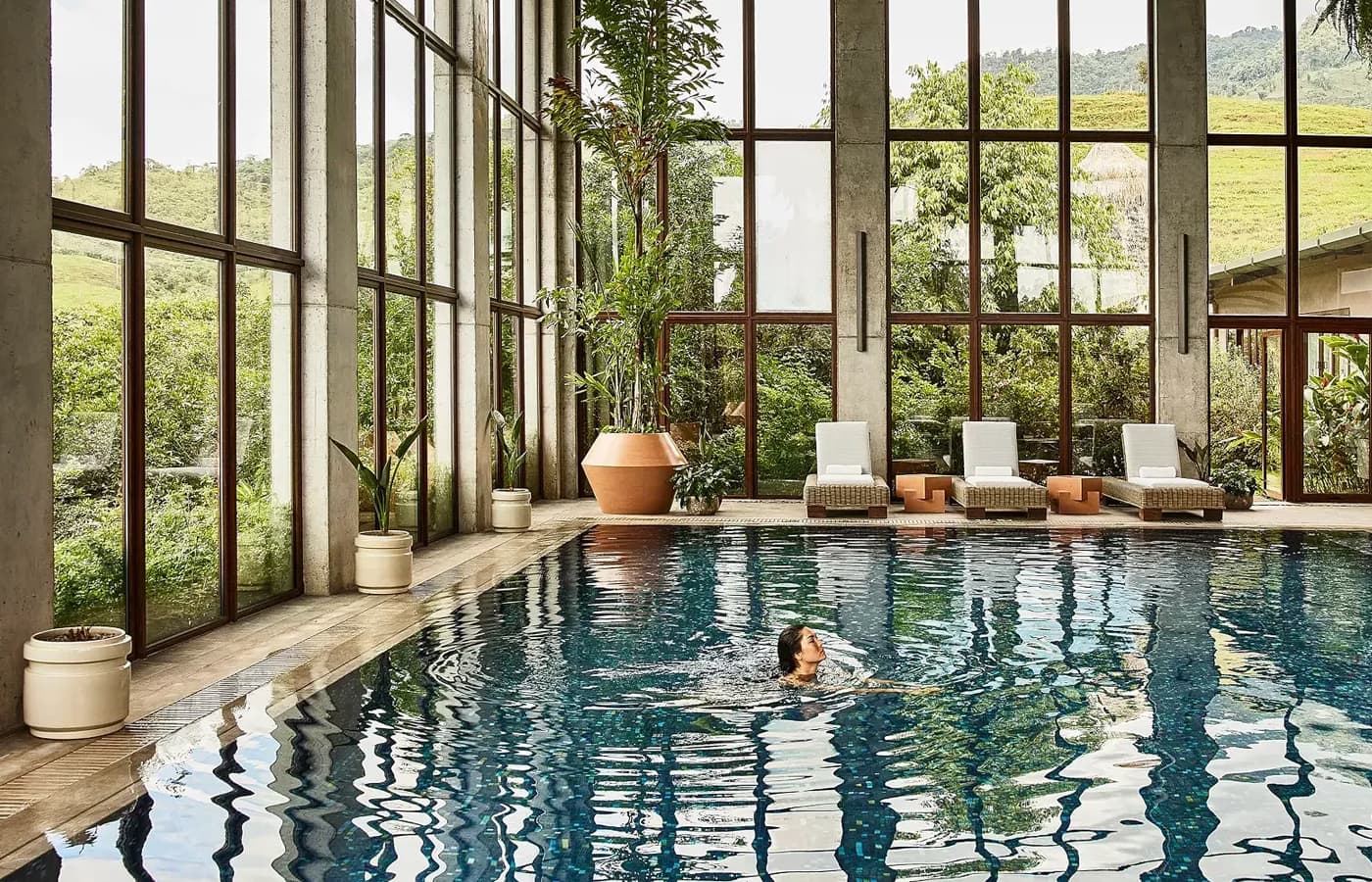
Final Thoughts
In conclusion, the future of luxury lifestyle will be shaped by emerging trends such as mental wellness, sustainability, personalisation, digitalisation, and health and wellness. Luxury brands that embrace these trends and incorporate them into their products and services will be well-positioned to meet the evolving needs and preferences of luxury consumers.
